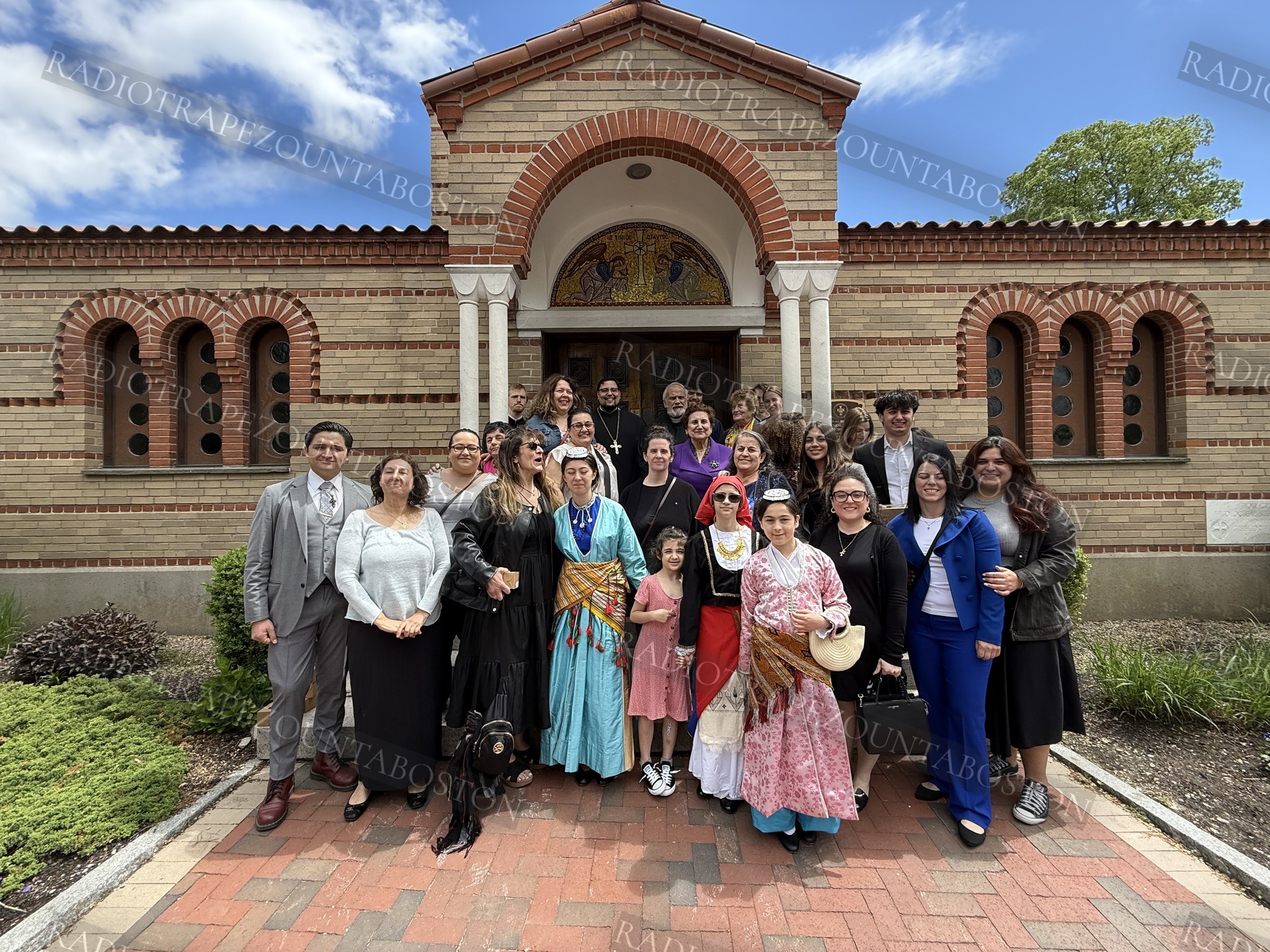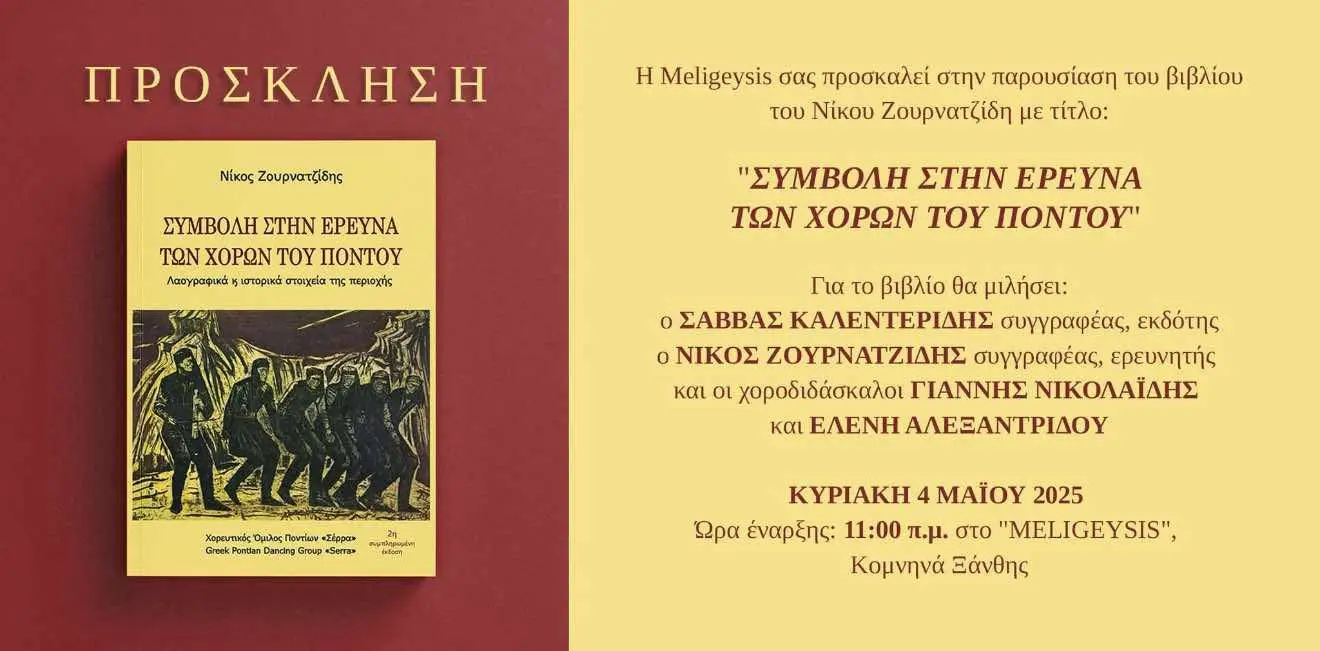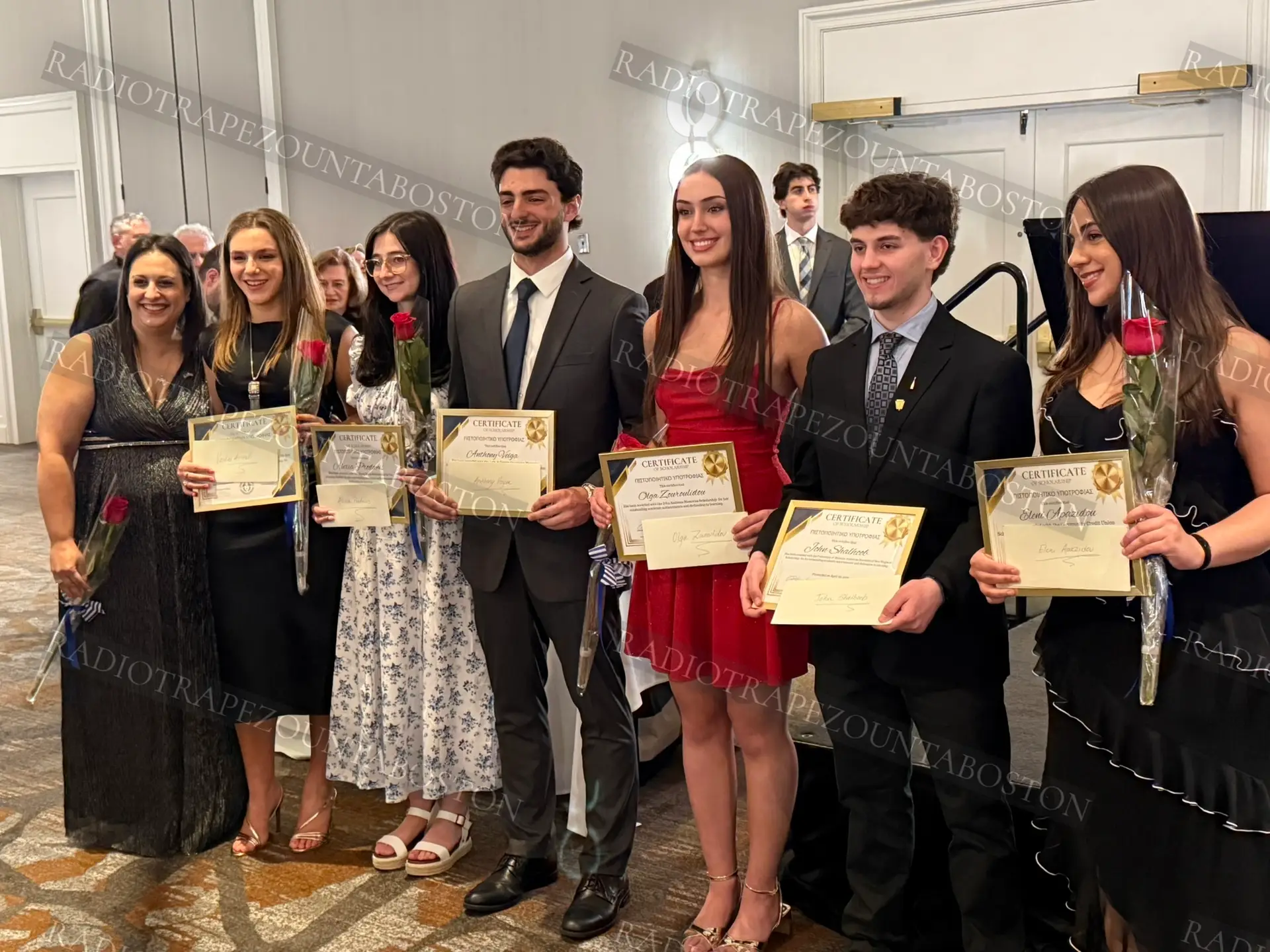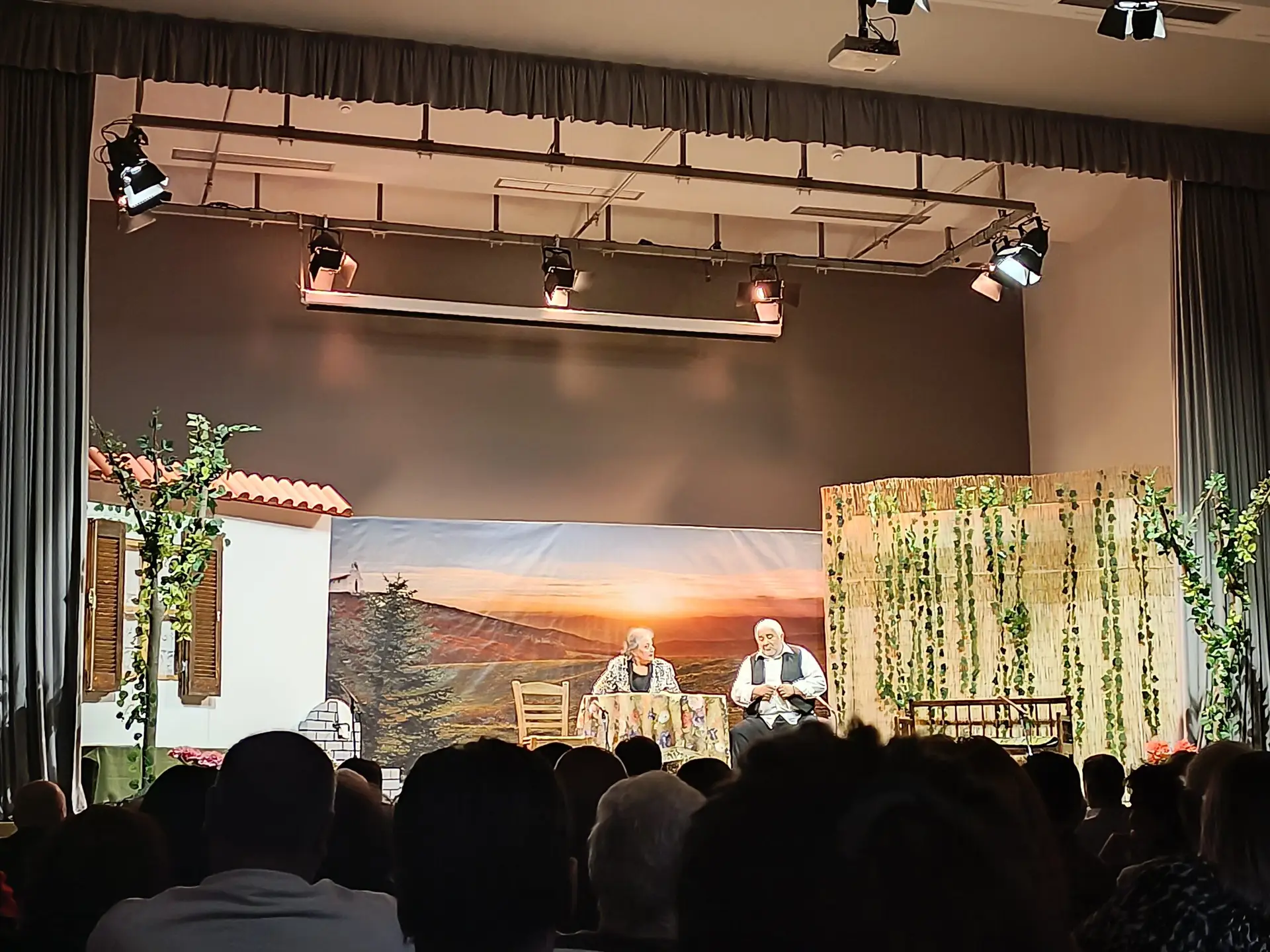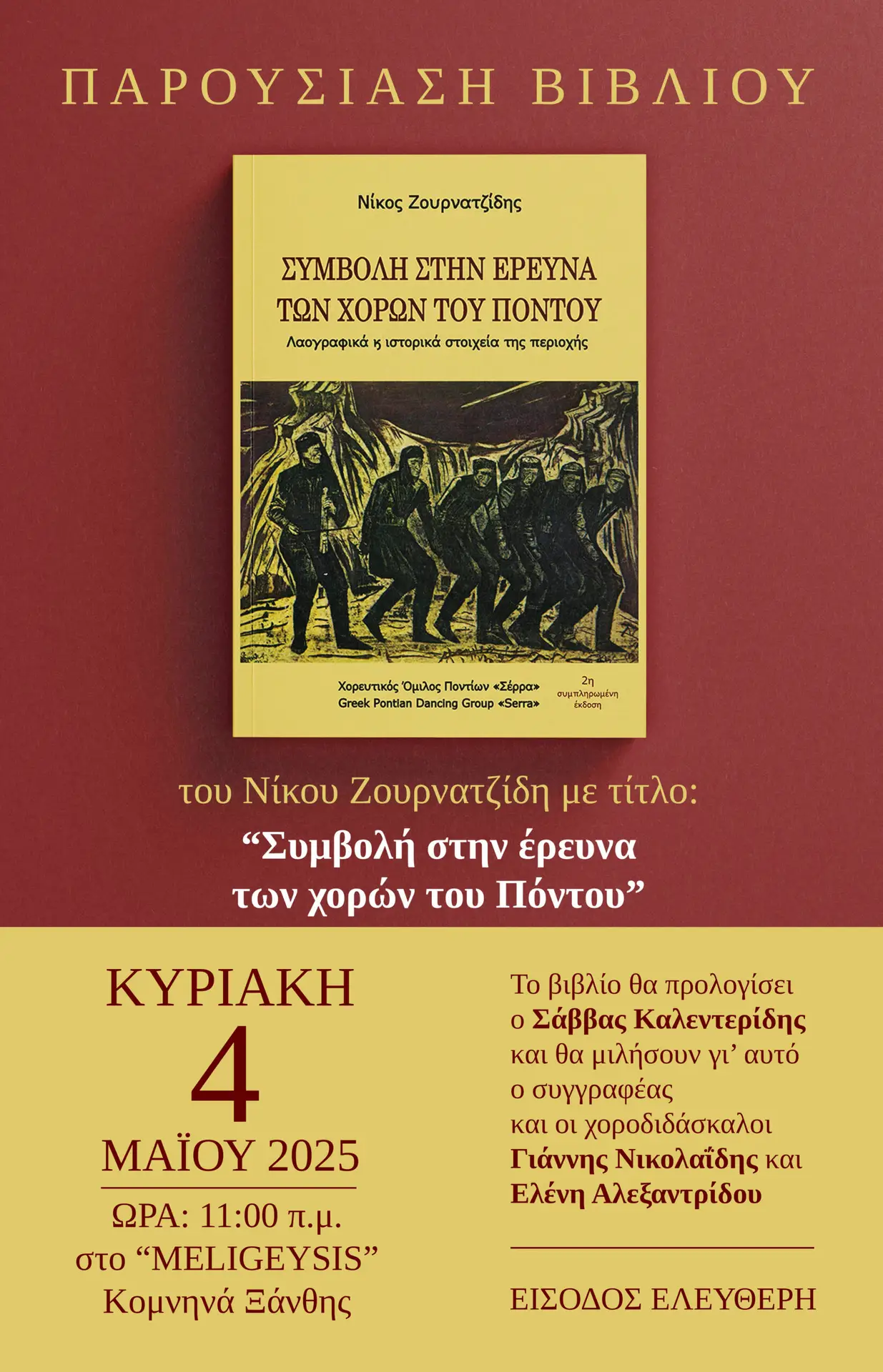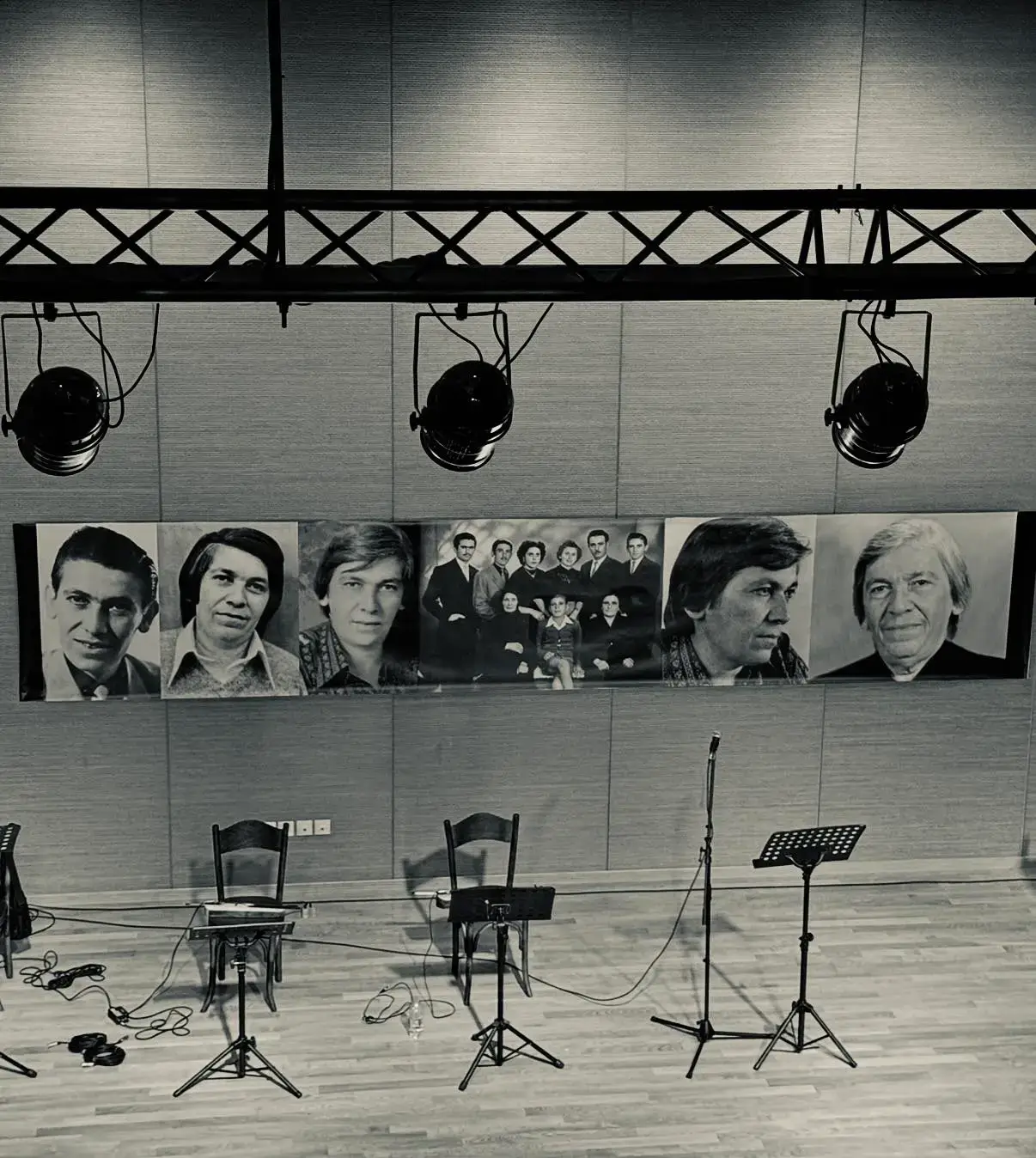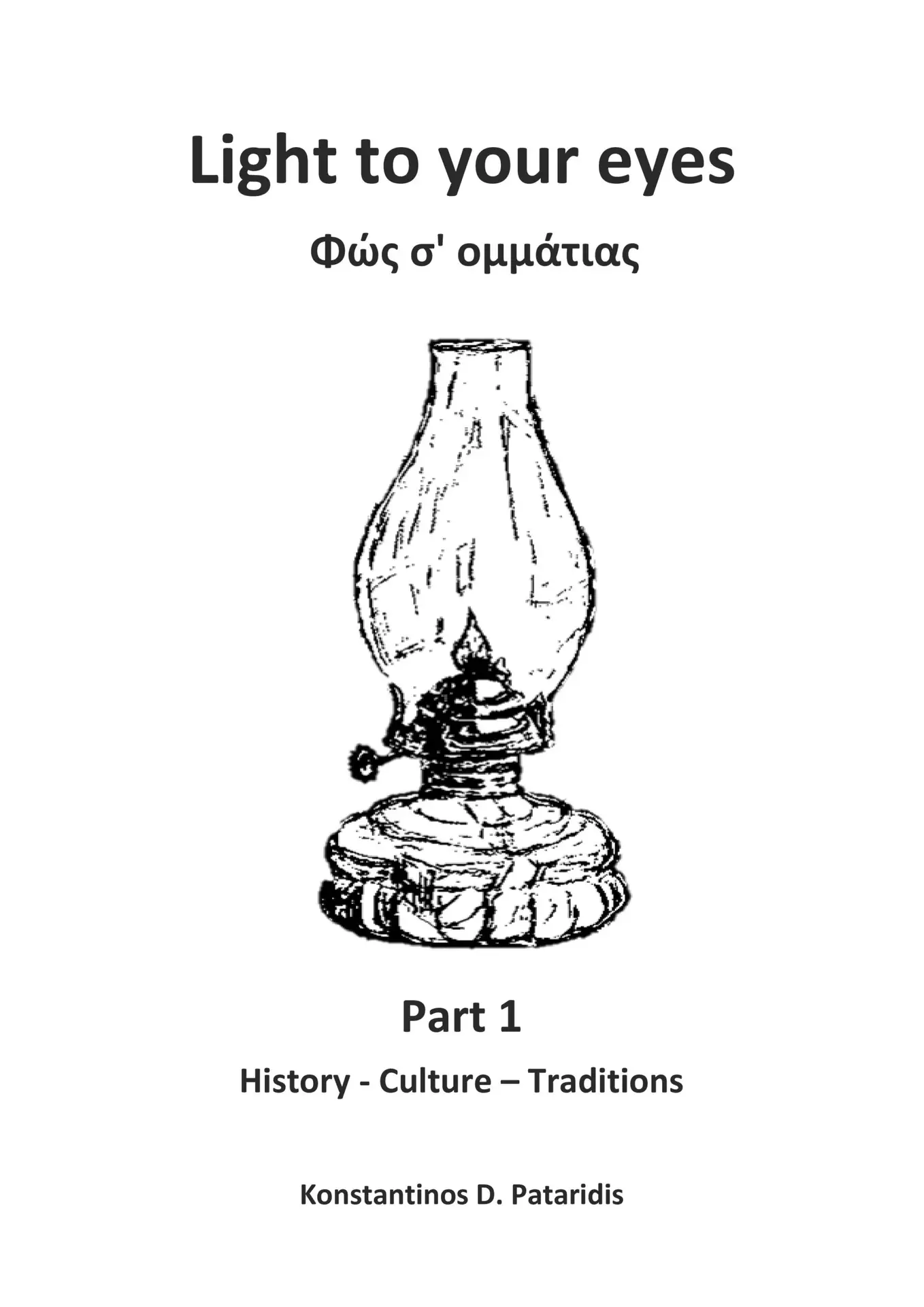Lecture on Diplomat Fridtjof Nansen and Pontian Genocide in Astoria
Associate Professor of History at Haverford College, Alexander Kitroeff held a lecture in Astoria about the diplomat and humanitarian Fridtjof Nansen, who negotiated the resettlement of hundreds of thousands of refugees in Minor Asia.
This lecture was held in honor of Professor Harry Psomiadis, the initiator of the Center for Byzantine and Modern Greek Studies at Queens college. A few days after the death of Harry Psomiadis, his last book titled ‘Fridtjof Nansen and the Greek Refugee Crisis: 1922-1924′ was published.
Professor Kitroeff’s lecture was organized by the Center for Byzantine and Modern Greek Studies in collaboration with the Federation of Greek Unions in New York, the Pan-pontian Federation of USA and Canada and two local Pontian Associations ‘Komninoi’ of New York and ‘Pontos’ of Norwalk Connecticut.
The talk of Kitroeff focused on the refugee crisis of Pontian and Minor Asia Greeks. Notably, the crisis of Pontian and Minor Asia Hellenism has several similarities to the Jewish Holocaust.
About Nansen
Dr. Fridtjof Nansen was born in Oslo, Norway, on 10 October 1861 and died on 30 May 1930. Through his achievements as explorer, scientist, diplomat, international senior servant, humanitarian and Nobel Laureate he won international recognition.
In 1921 Dr. Nansen was appointed as the very first High Commissioner of Refugees (1921-1930) of the League of Nations. One of Nansen’s most crowning achievements as High Commissioner of Refugees was his role in the succor and settlement of well over one million destitute Greek refugees during the period 1922-1924.

